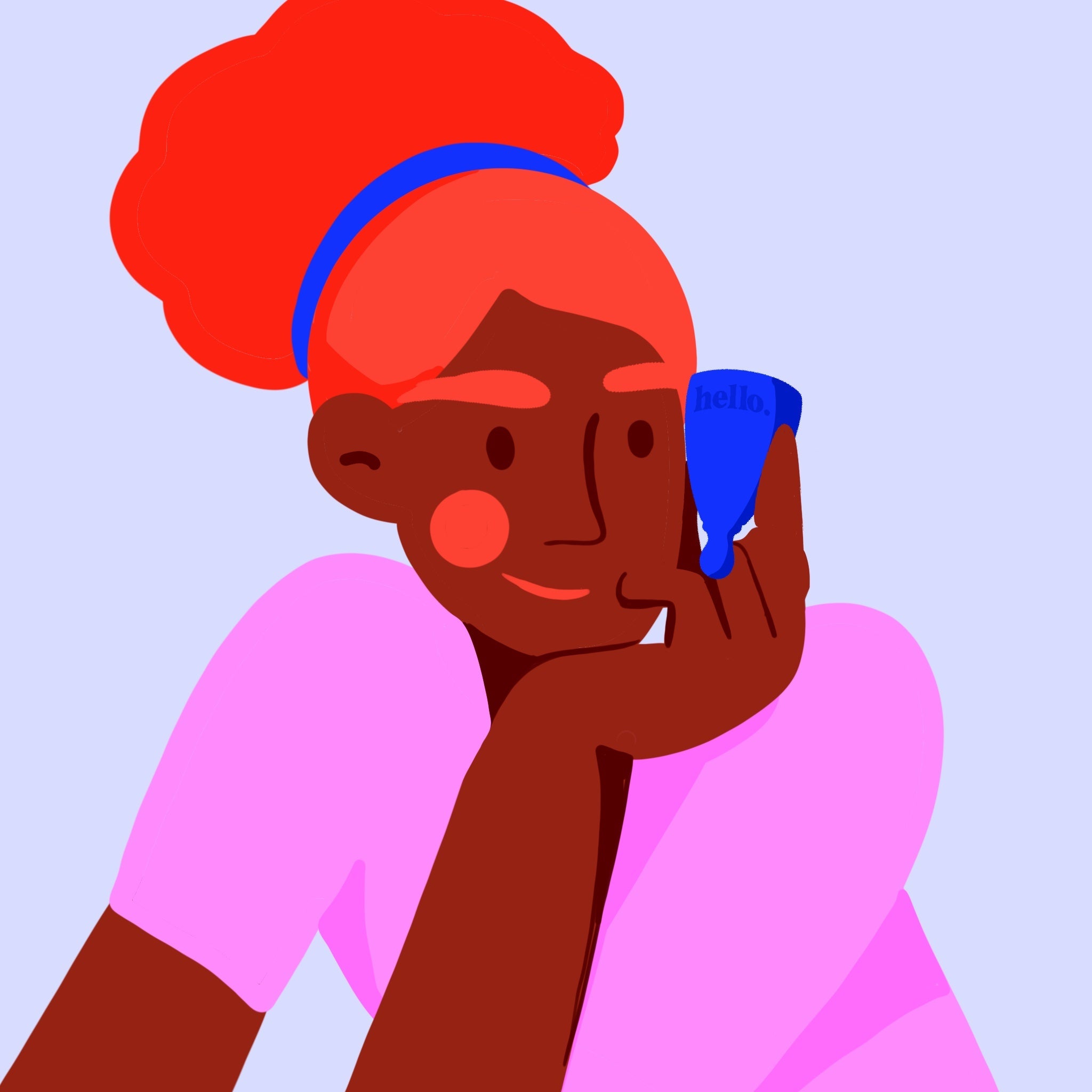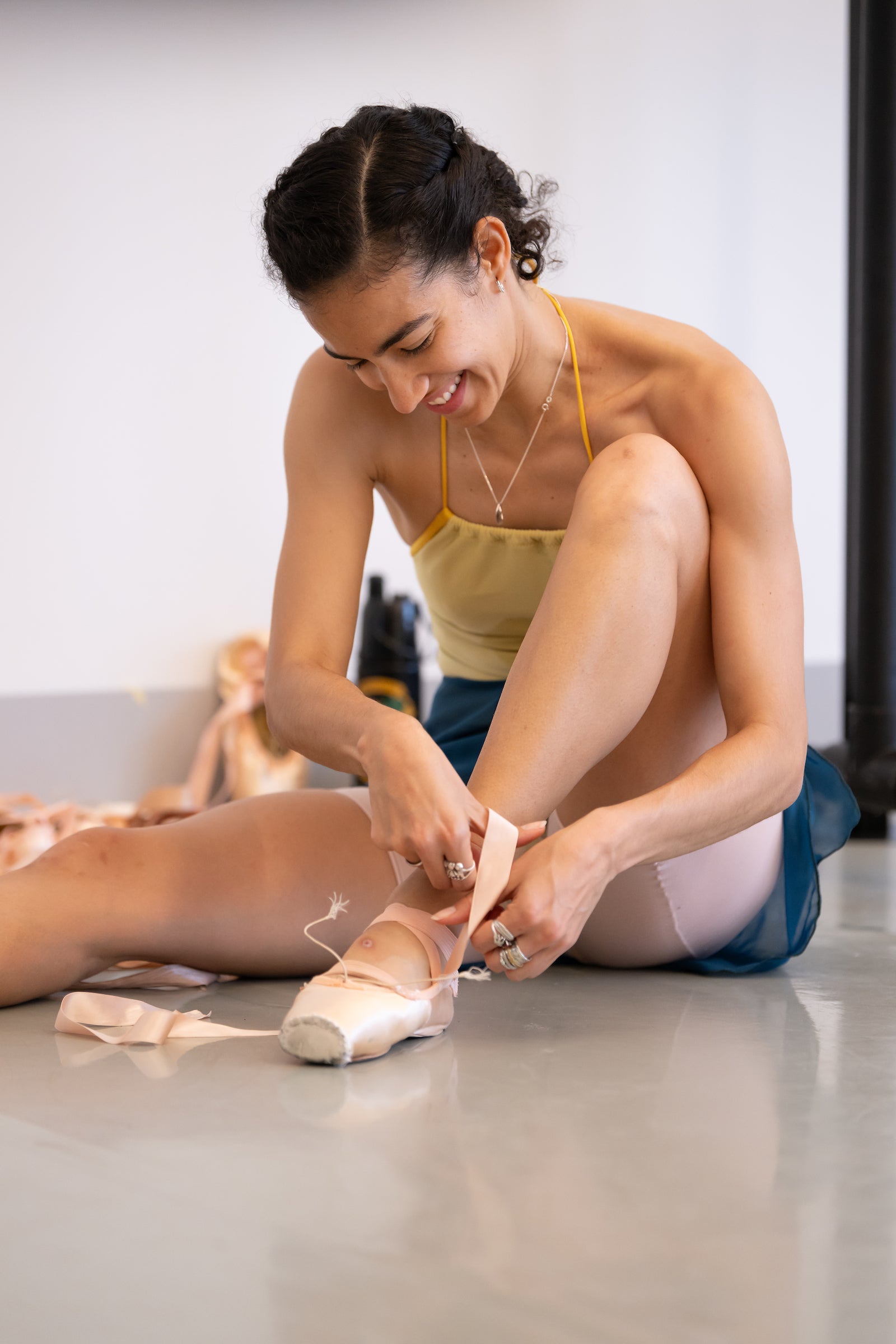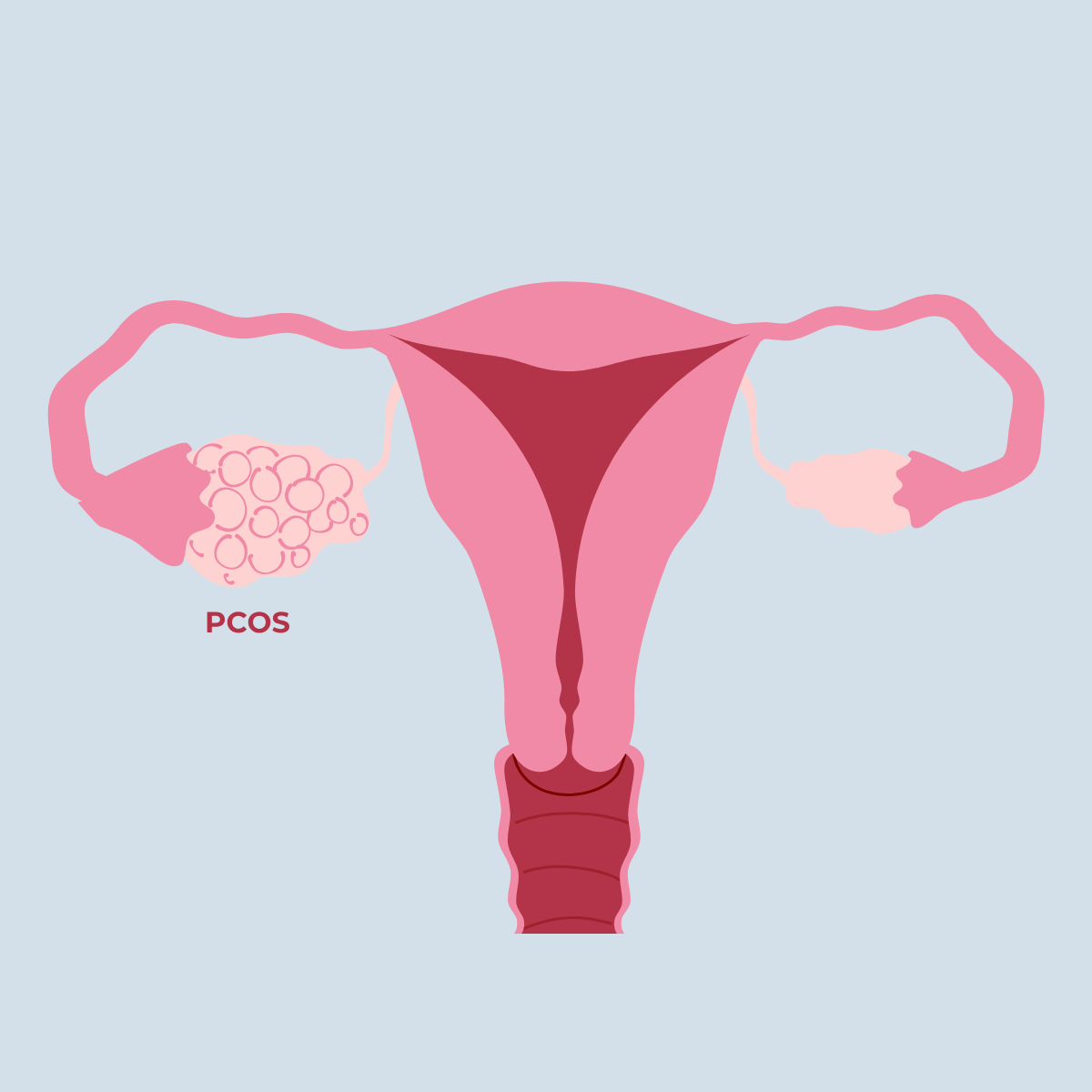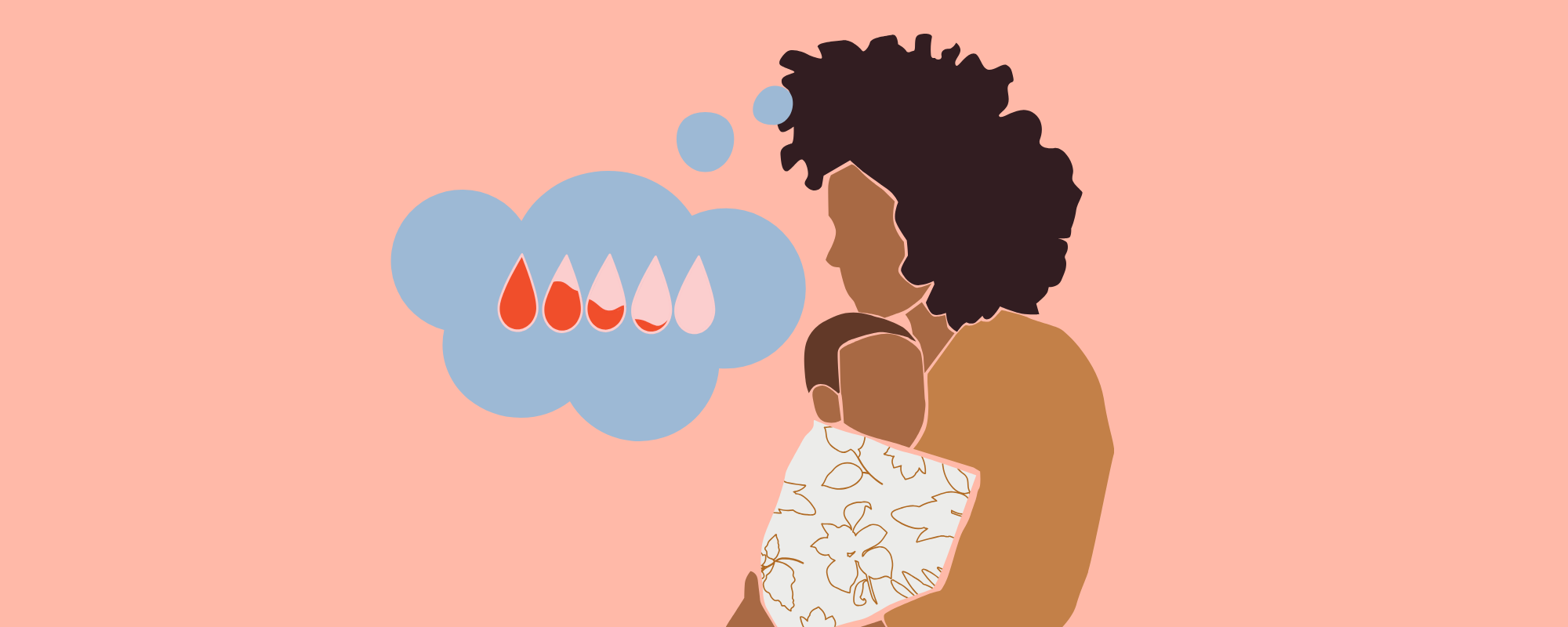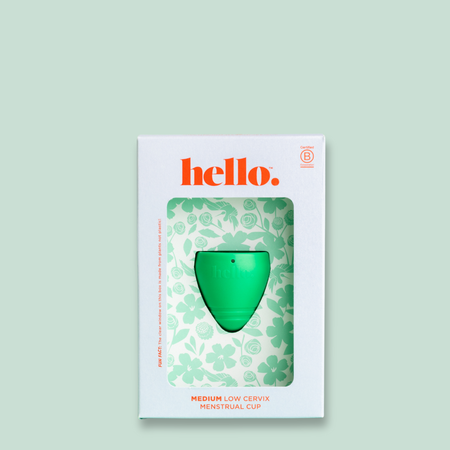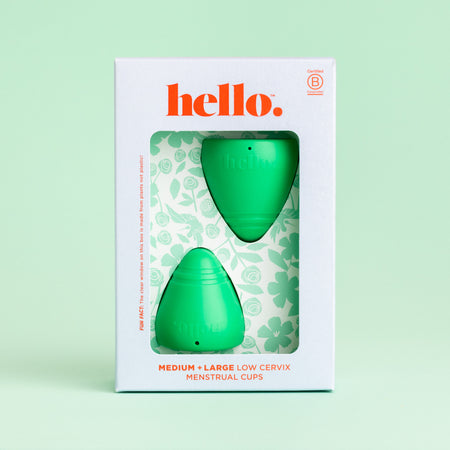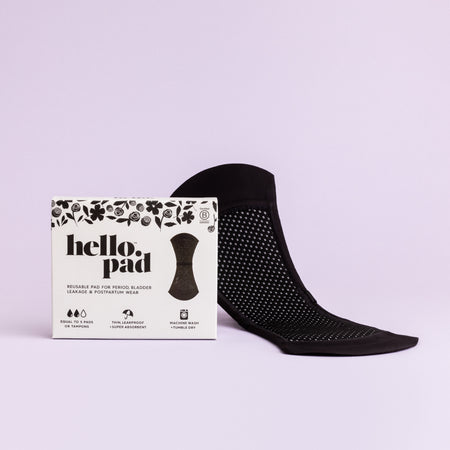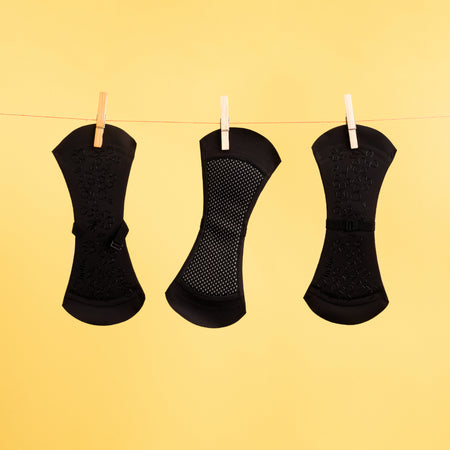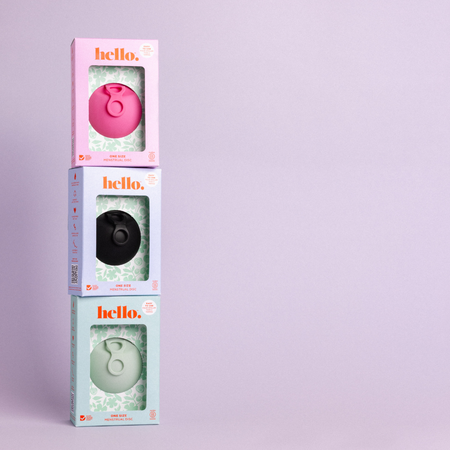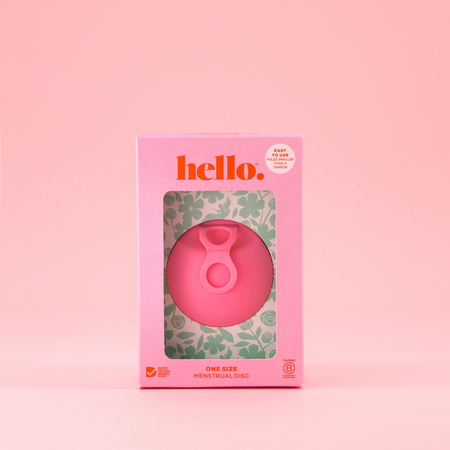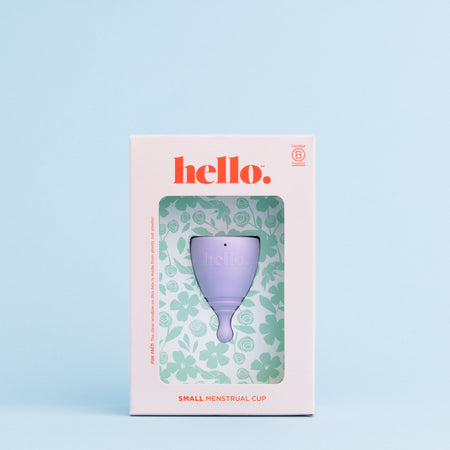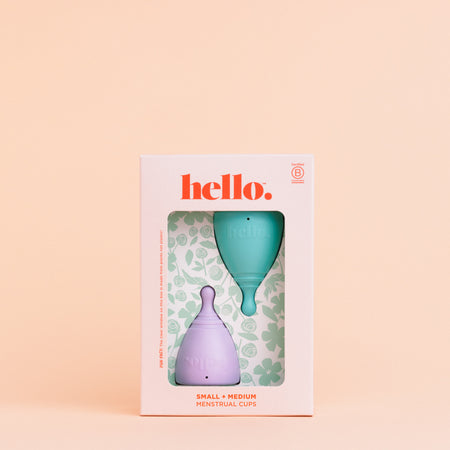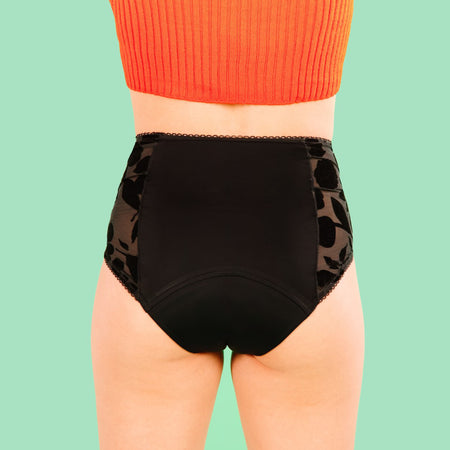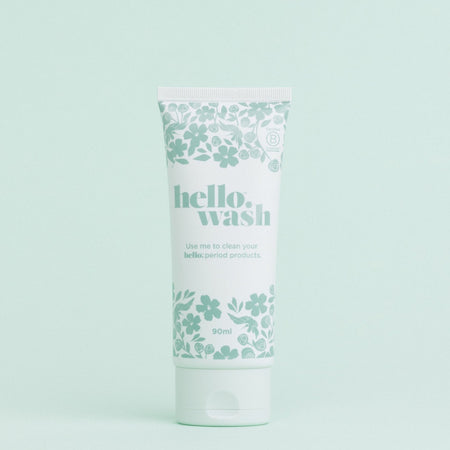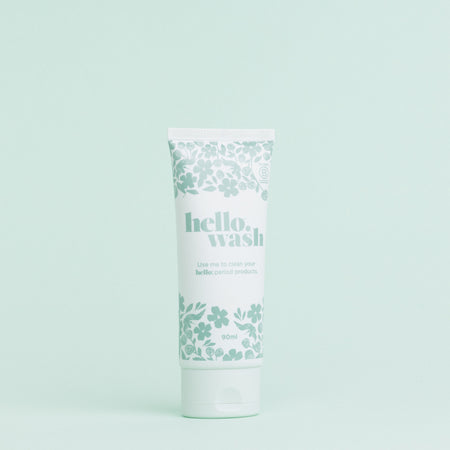The key to removing the stigmas that still exist around periods is to talk about them more. PERIODS ARE NORMAL! The menstrual cycle will be experienced by half the world at some stage but even those who don’t get a period need to know about them.
At Hello Period, we believe period education needs to start early. While there’s no set age when the convos should begin, children are naturally curious so a good starting point is to leave your period care products in a place where they will see them. Chances are - they will ask what that tampon or menstrual cup is for making it the perfect, natural conversation starter.
It’s essential that education and conversation happens not just with girls, but with boys too. While they might not get periods themselves, they will be affected by them because people in their lives will have them and they need to know what happens and why, just as much as girls do. It frustrates me no end that schools still exclude boys in menstruation education.
However, while schools definitely have a role to play in educating about periods and puberty, they shouldn’t be relied upon. When my school finally rolled out the period education lessons and what we could expect to happen, I’d already been getting periods for a year.
When you are talking to a child under 10 about periods, you don’t need to get too technical - the basics are fine. The key is to keep to a language they understand. Here are some tips to help make the conversation more comfortable and educational for both you and your preteen or young teen.
- Use clear and simple language. Preteens are at an age where they want to learn, but they may not understand complex medical terms. Use words they understand and explain any new vocabulary.
- Address any misconceptions. There are many myths surrounding menstruation, and it's important to address them and provide accurate information. For example, periods don't have to be painful, and tampons and menstrual cups can be used by virgins.
- Period management and care. Make sure your preteen understands the importance of good hygiene including when and how to change their pad, menstrual cup or period underwear.
- Explain the different types of menstrual care products. Your preteen should know about the options available to them, such as pads, tampons, menstrual cups, menstrual discs and period underwear. It’s a great idea to have examples of each type of product to show them.
- Talk about period tracking. If your teen has started their period recently, explain that while periods are often irregular when they first start, for most they will settle into a relatively predictable pattern. Using a period tracker can help them predict when their period will start so they can be prepared - especially for school.
- Pain management. Explain that periods aren’t necessarily painful. Cramps can be managed via anti-inflammatory medication. Heat via a hot water bottle or wheat pack placed on the lower abdomen can also help. Make sure they know that if period pain starts to impact their life, they need to let you know.
- Be open to questions. Encourage your preteen or teen to ask questions. Make sure you take their questions seriously and never make them feel like their question is something they should already know the answer to. You want to ensure they feel comfortable talking to you about periods and that you will support them.
By approaching the conversation with honesty, empathy, and understanding, you can help your child feel comfortable and confident about talking about menstrual cycles. Let’s smash those taboos and help the next generations to truly destigmatize periods.
Robyn, Hello Period Founder xxx
